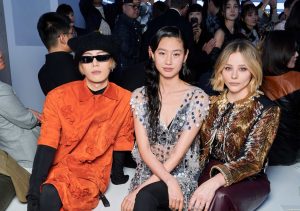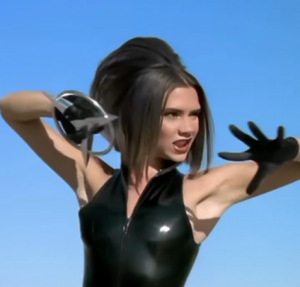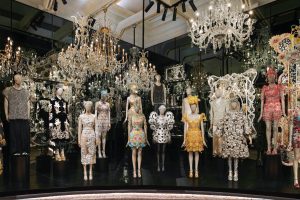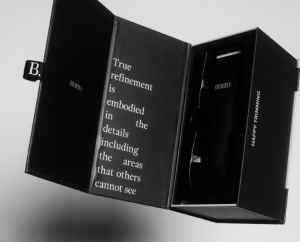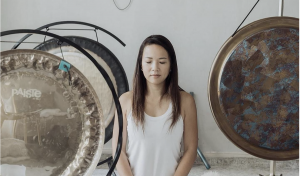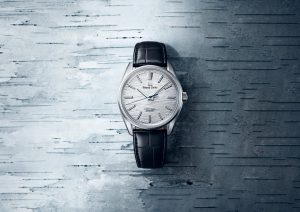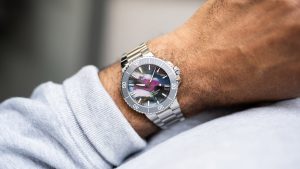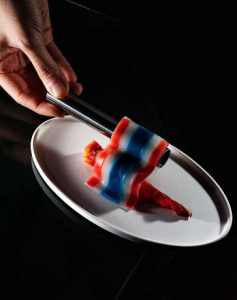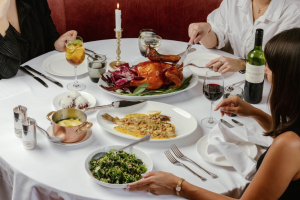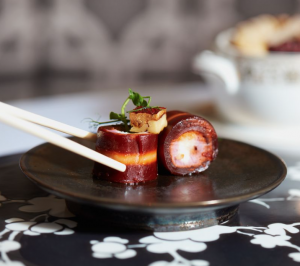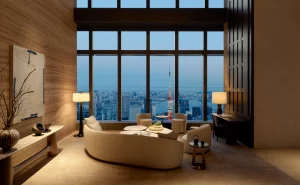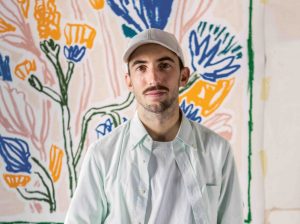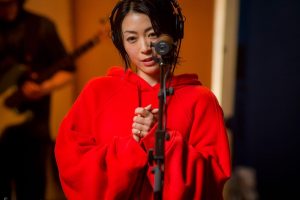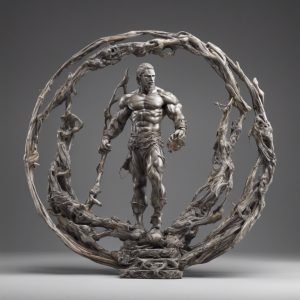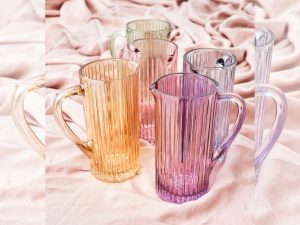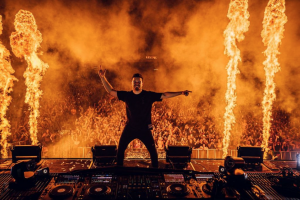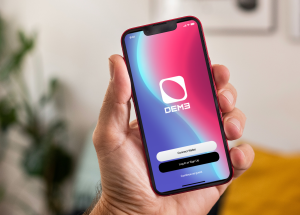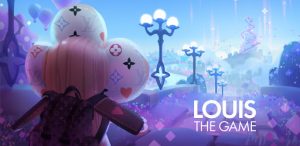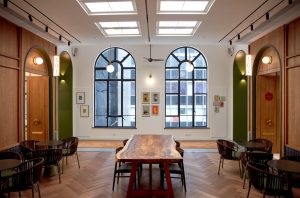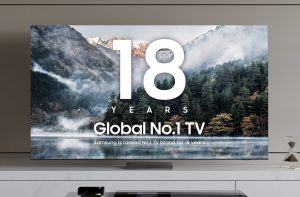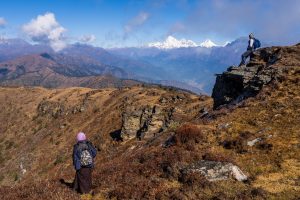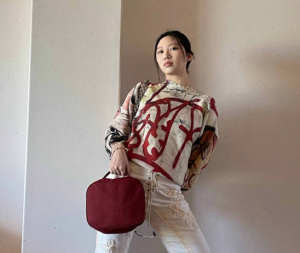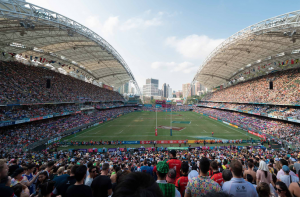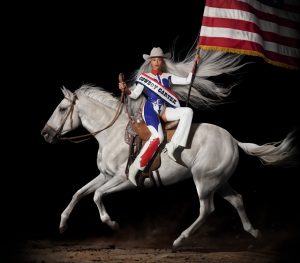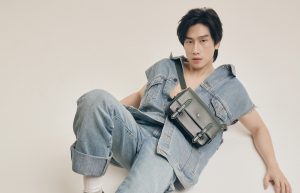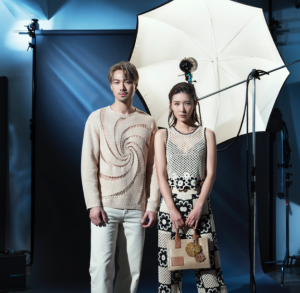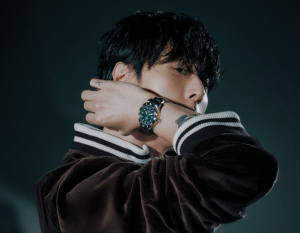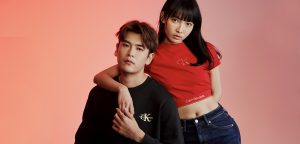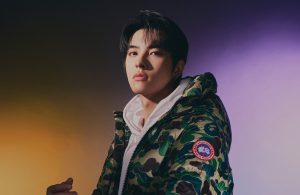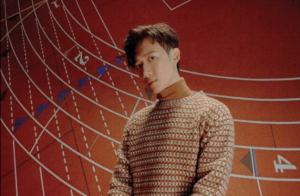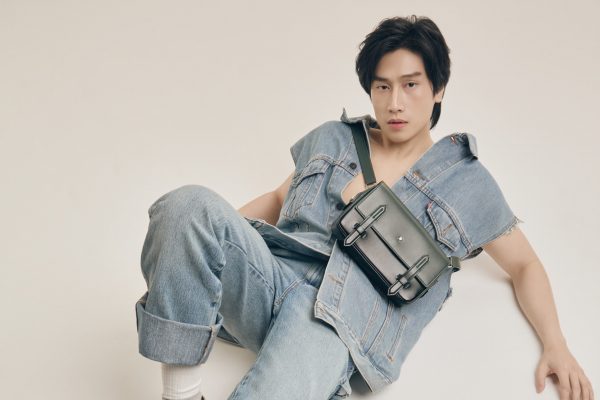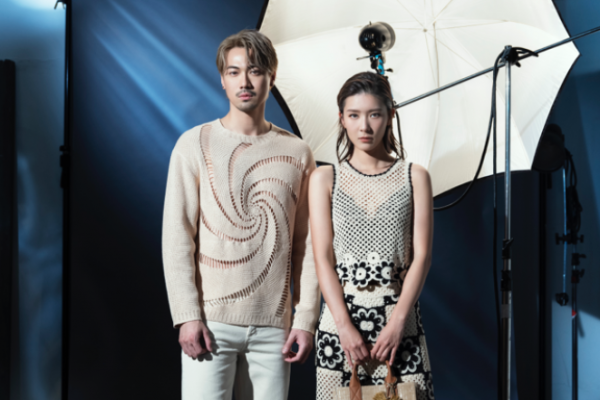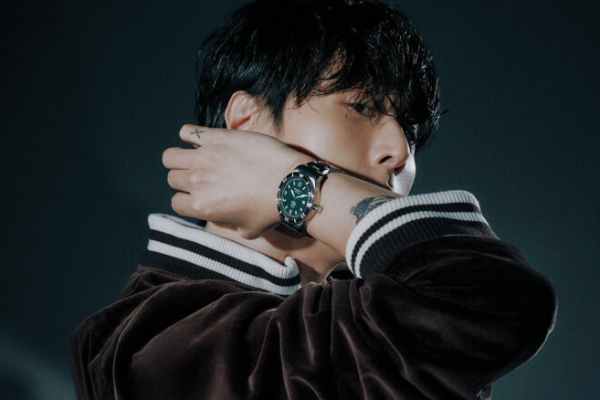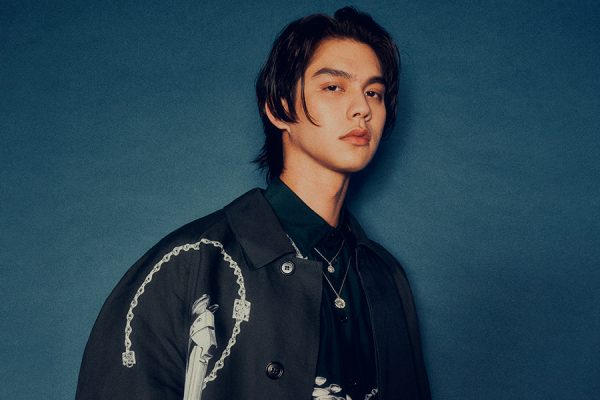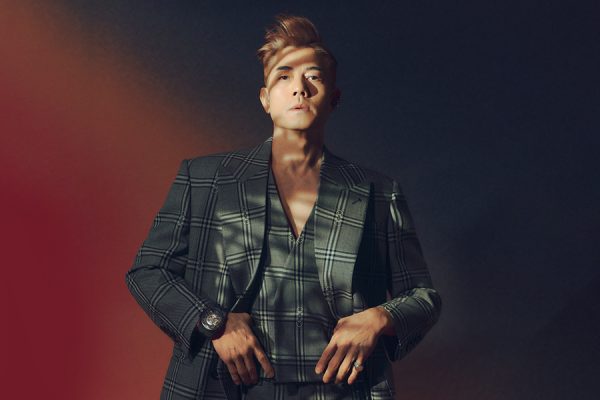#DIGITAL / #video
Digital cover: Korean boy band member Nichkhun on life as a K-pop idol
December 29, 2020
Singer, songwriter, rapper, model and now Hollywood actor, Nichkhun is a man of many talents. The Thai-American, who’s currently based in South Korea, gives Natasha Gillespie-Wong an insight into life as a K-pop idol.
Moving effortlessly in front of the camera, Nichkhun Buck Horvejkul, better known as Nichkhun, obviously knows his best angles. A quiet confidence shines through as he expertly works each garment into the frame. A few more outfit changes, a quick snack and he’s ready for the interview. Without the cameras on him, Nichkhun’s demeanour changes and a soft-spoken, almost shy man sits before me.
Brought up between Thailand and California, Nichkhun was scouted by JYP Entertainment as a teenager in Los Angeles, and so began his whirlwind adventure to K-pop superstardom. Speaking fluent Thai, English and Korean, Nichkhun quickly became the darling of Southeast Asia. Now, he’s treading the boards in Hong Kong ahead of his Hollywood debut in Hong Kong Love Story.
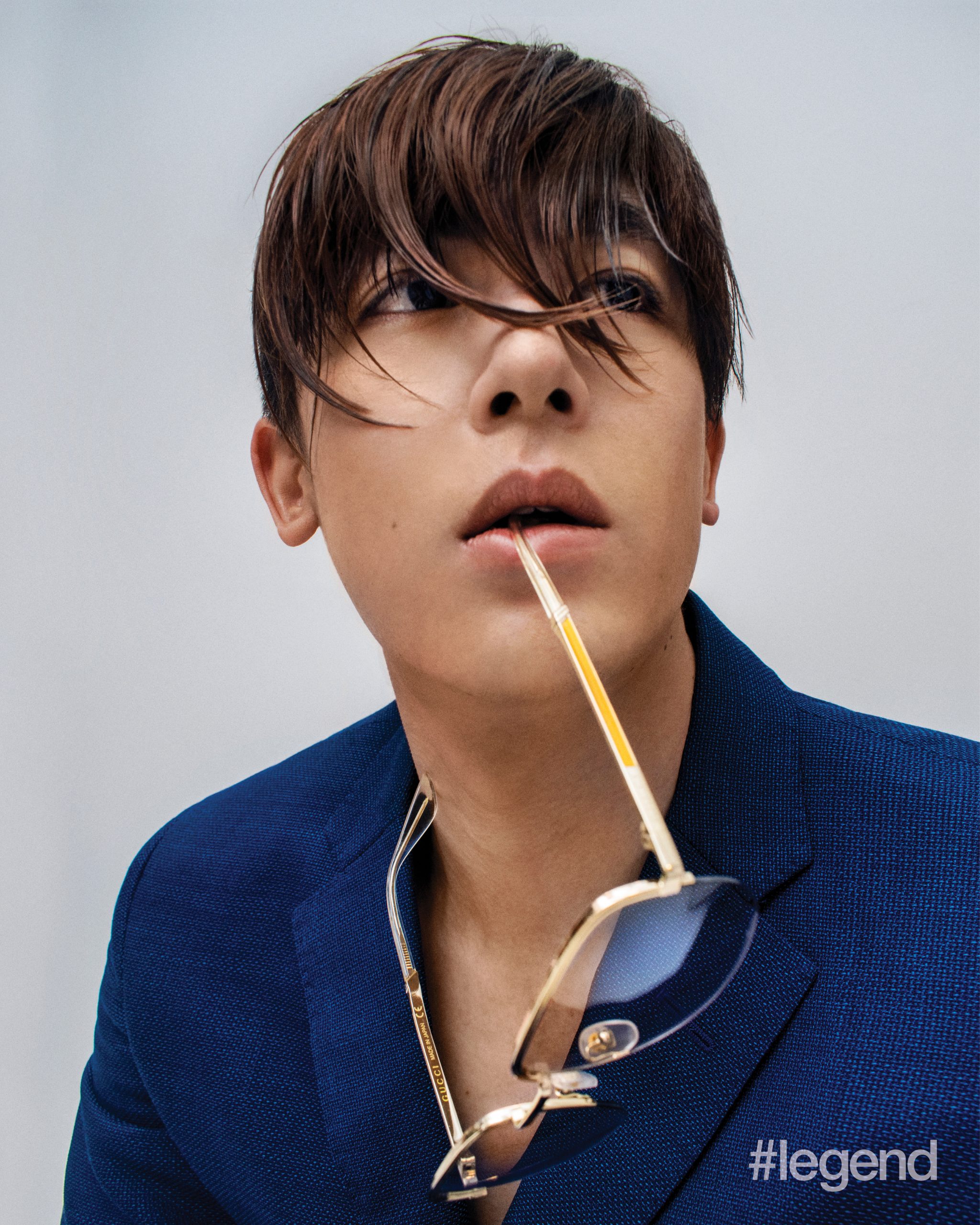
You’re multilingual and have lived all over the world. What aspects of your international upbringing influence your work and work ethic?
I think being and living in different countries, experiencing so many cultures, opens doors. It gives you perspective. When I talk to someone who’s been around the world or has lived somewhere else before, they tend to be more understanding. Experiencing different cultures gives you an understanding of why people behave the way they do. So I think in that sense it plays a big role in my career and my work ethic.
When you’re working, you deal with a lot of different people, from different upbringings. A lot of the time people don’t even know they’re doing something you’re not used to so when you’re understanding of different cultures and norms, you don’t get frustrated. I really encourage my friends or people around me to travel more, not just for a couple of days, but to get out and meet local people and talk to them, learn a bit about their language and about their culture. I think that that really helps a lot and not just for work, but for your life.
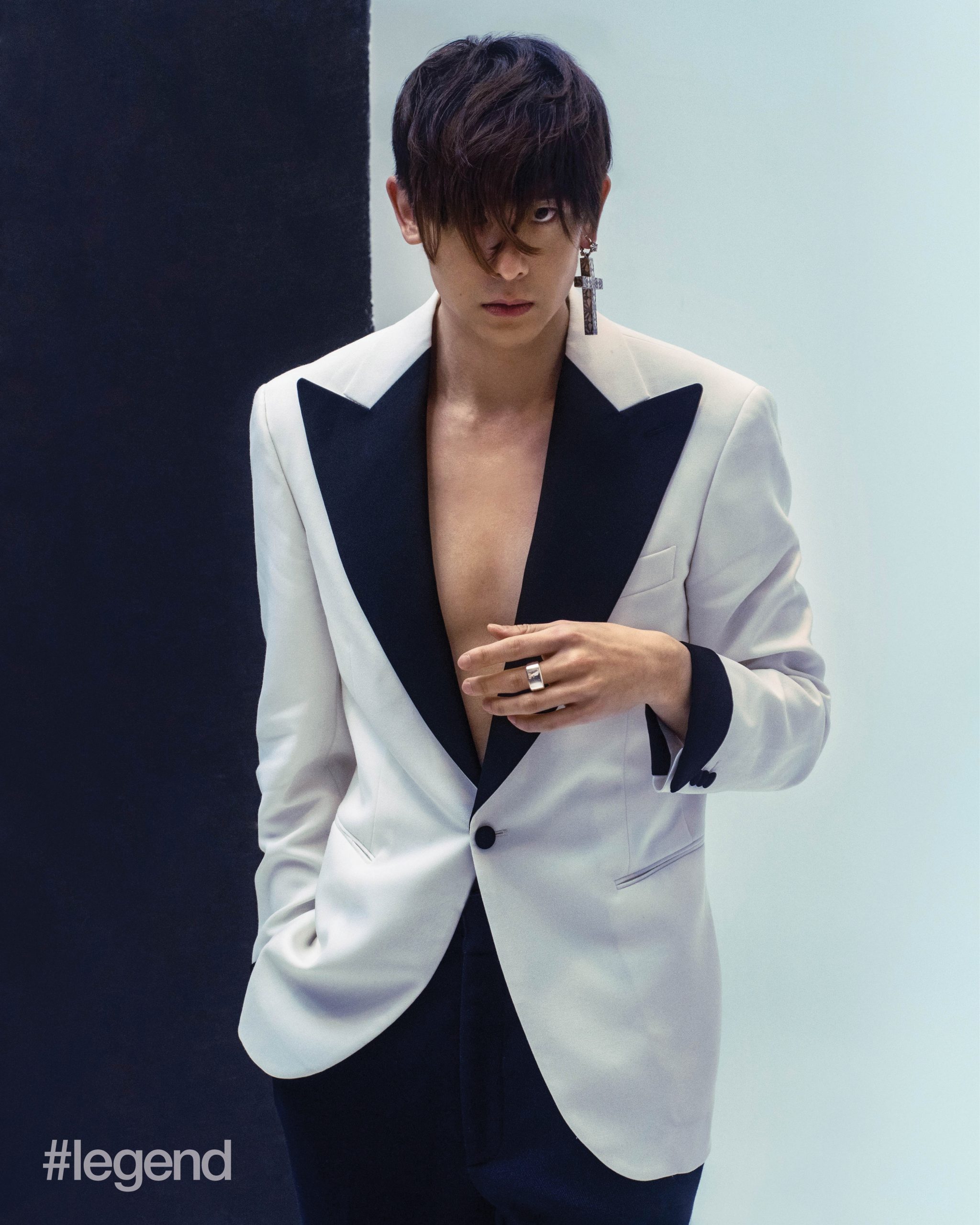
Tuxedo jacket by Tods; Pants by Bottega Veneta;
Ring by Tiffany & Co.; Earring by Gucci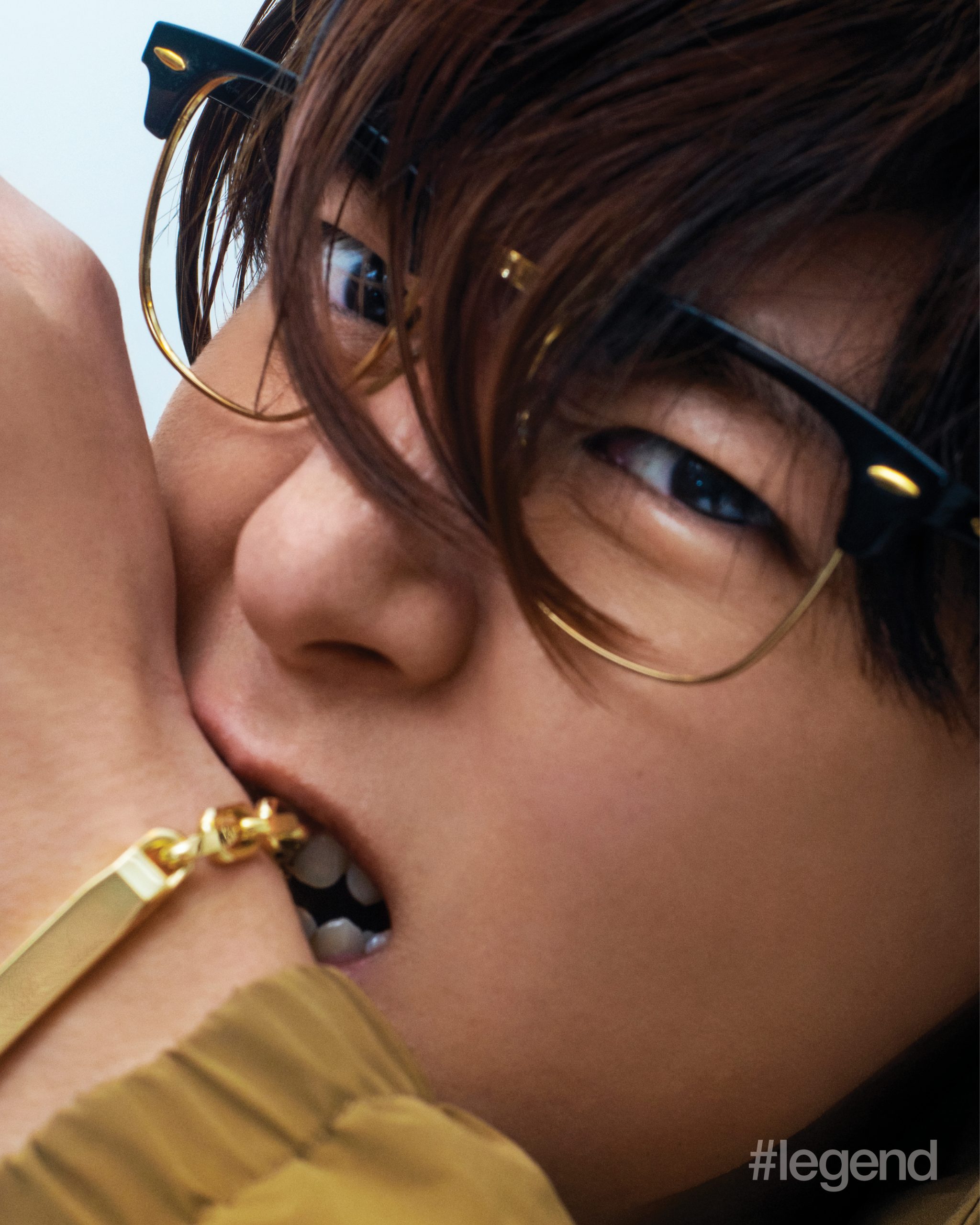
Jacket by Brooks Brothers; Bracelet by Tiffany & Co.;
Stylist’s own glasses
You were scouted at 18 and had to learn to sing, dance and speak new languages. What new things did you learn about yourself through your work? Was there anything that surprised you about the training?
I was never very good at singing and dancing. [JYP Entertainment] recruited me to go to Korea. When I was there, I started training and they would ask me, “Why are you not good? Why can’t you sing? Why can’t you dance?” I was a bit taken aback because I thought to myself, “You saw my audition tape, you know what I can do”, which, to be honest, at the time was nothing. But then I started to understand that they just wanted to motivate me. I’m part of the company and I have to measure up to their standards.
The guys who were already in the company had some skills before coming in. So I had to work extra hard; I think that was the hardest part for me. Living and moving to Korea and adapting to Korea wasn’t that hard, just the training was not easy. I think what surprised me most about working in this industry is myself. I started off with no skills and zero confidence and I was so shy that I couldn’t even speak in front of a class to give a presentation or anything. I surprised myself. I think the first couple of times I went on stage, I thought I was going to freeze, but I didn’t. And that taught me that if you try hard enough, if you want something, you can do it.
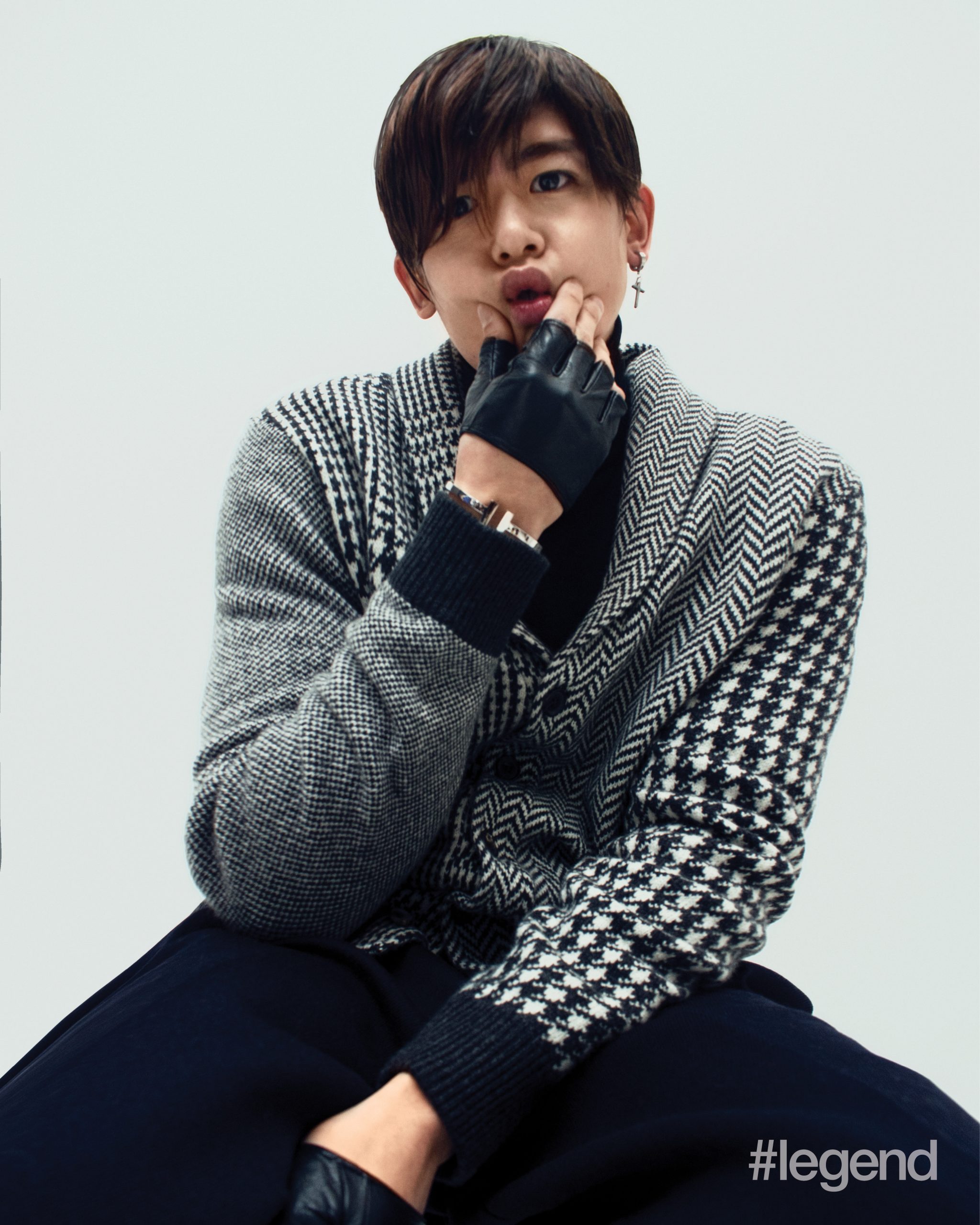
Jacket and pants by Brooks Brothers;
Stylist’s own Turtleneck, Gloves and earring; Bracelet by Tiffany & Co.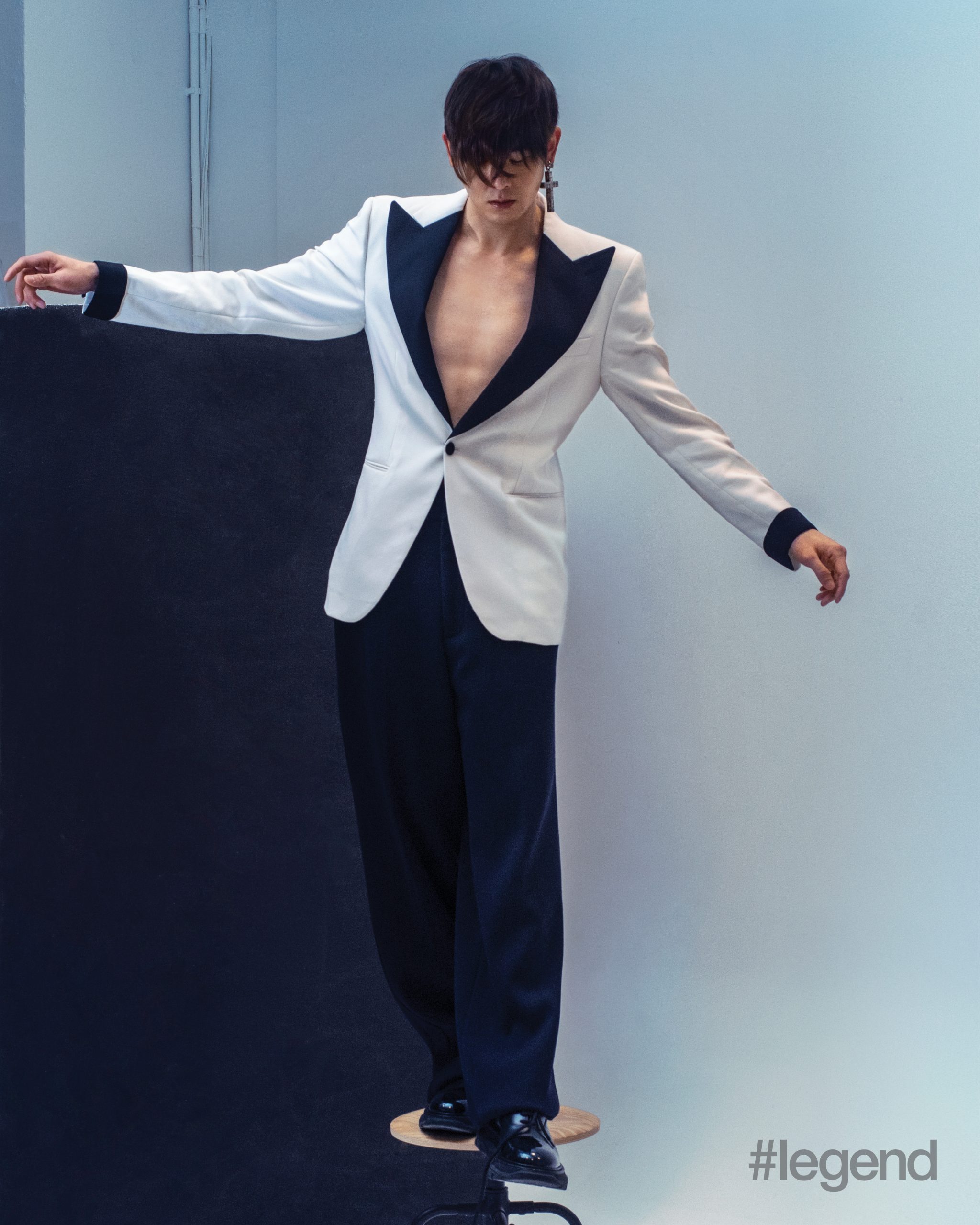
Tuxedo jacket by Tods; Pants by Bottega Veneta; Ring by Tiffany & Co.; Earring by Gucci; Shoes by Alexander McQueen
I read that your mum never expected you to pursue performing as a career. What fuels your passion for the arts? Did you perform as a child at all?
When I was growing up, I would do school concerts and festivals but never anything serious. I never thought I would perform in front of a real audience, outside of my school. Once you’re on stage professionally, it’s a different story. When I found out that I could perform, maybe not that well or maybe not as perfect as I wanted it to be, that just drove me to be more thirsty and I just wanted it more. I just wanted to be better.
As a member of 2PM, what do you think your personality specifically brings to the group? And what are some of the challenges of working as a group?
I think I’m the international bridge that connects the group to places outside Korea. If the group were only Korean members, the reach would be very Korean. But because I’m there, I make the group a little more international. Me and Taecyeon, because he grew up in Boston.
In Korean culture, younger people usually can’t speak up to the older ones. But we’re all friends, colleagues, partners. So whatever problems we have we talk it out. It doesn’t matter if you’re the youngest or the oldest, we just call a meeting and we talk about it. I think that’s how we’ve remained so close for so long.
Because music is art, sometimes less is more but sometimes more is more so we have to find a balance. We haven’t perfected it, but we’re still on the way, still learning a lot. What I’ve learned is you can never satisfy the public completely.
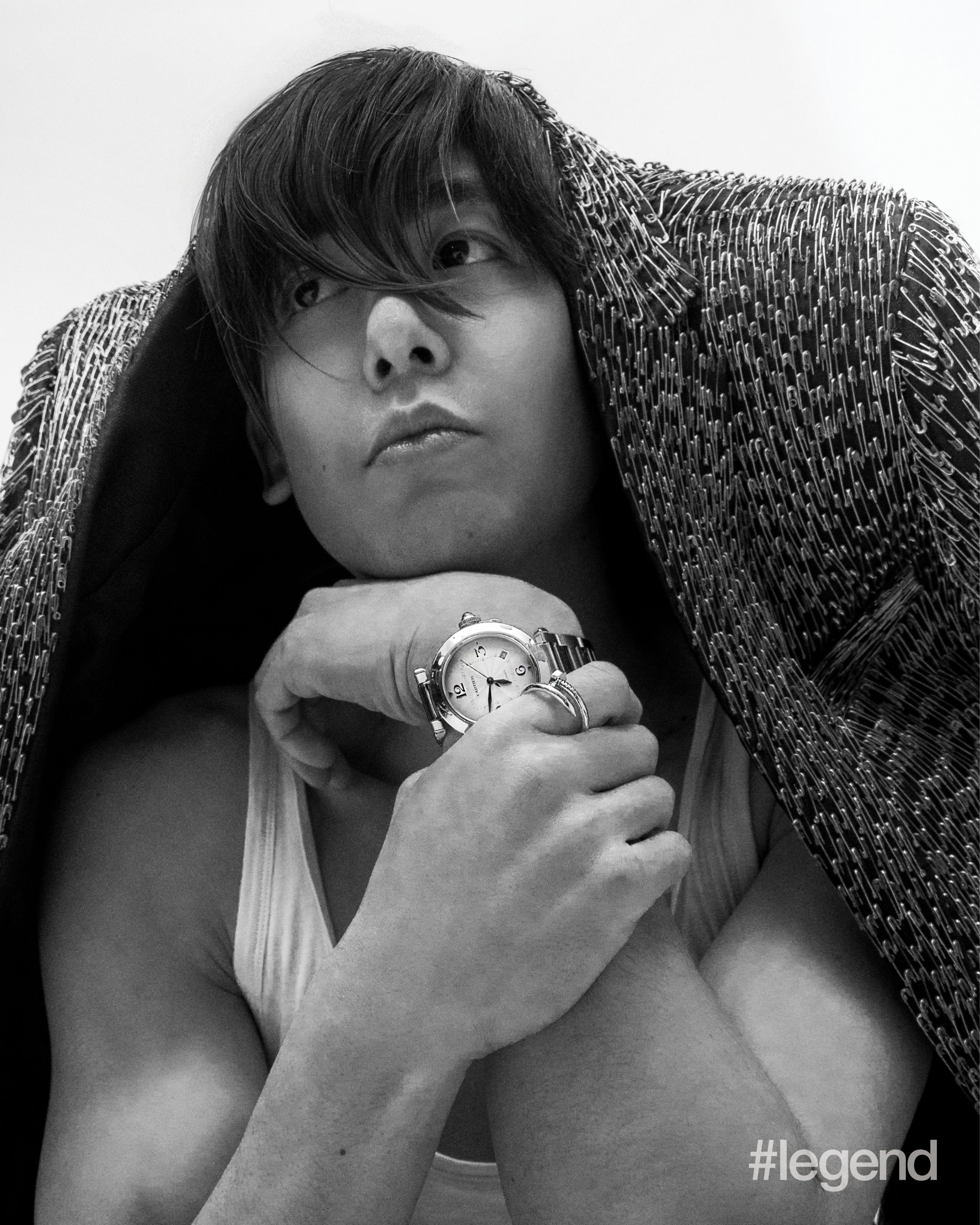
What was it like to go out on your own as a solo artist?
I never thought I’d do my own music, because in 2PM I have five other members to cover for me if I make a mistake. But when they went off to the military, I promised the fans that I wouldn’t leave them. That’s when I came out with an album and started touring. I called my first solo album ME, because I wanted the fans to hear what I listened to or what I wanted to make, not what’s trendy. I never thought I could sing and dance all by myself for two and a half hours on stage, but I’ve done it. I just keep learning new things about myself through work. I’m very fortunate that this is my job, it’s a blessing.
The music industry is so dynamic. Do you find it hard to keep up at all or do you not pay too much attention to that?
I don’t think about that much. To me, music is timeless. I listen to the same old songs that I like, and I think that’s just who I am. It’s not just with music but with fashion too. My fans are always saying, “Please go shopping! Please update your wardrobe!” But growing up, my dad would wear the same shoes until they broke. Then he would fix them and wear them more, until he couldn’t fix them anymore. So my mentality is very much, if it ain’t broke, why fix it? I find buying things for myself hard as well. I would rather spend money on things to share, like food and good experiences. I pay for things like taking my family on a trip. We all have fun, make good memories.
For me, the most important thing is staying true to myself, because the industry will always want something new. The latest sound or instrument, you might use it in your music, but then because it takes maybe four or five months to produce, the sound has changed. So that’s why with ME, because I didn’t know what the audience would want to hear at the time of release, I just stuck to what I wanted the public to hear. I’m not aiming for a number one hit song every time, I’m just trying to show off my colours.
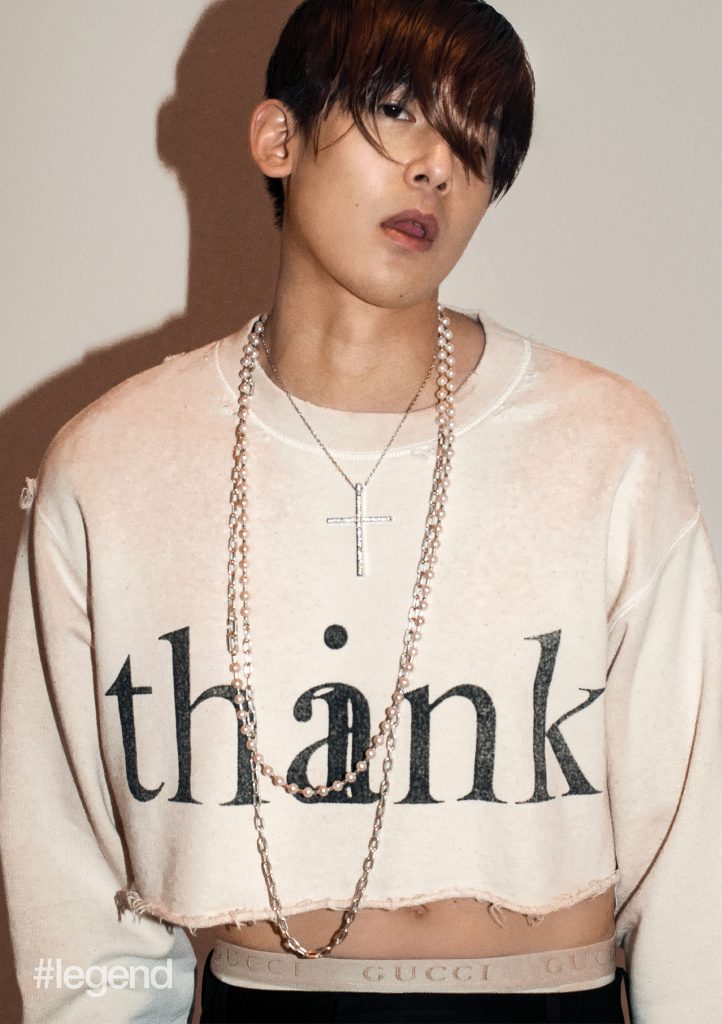
Pearl necklace by Tiffany & Co.; Stylist’s own cross necklace
How did you make the leap from music to TV and movies? Are the industries very different?
Acting was kind of a natural next step for me. In this industry, there are so many avenues you can explore. You start in music, you can move from performing to production or recording music to recording film. For me, I think I was always interested and intrigued by acting. I’ve had so many great opportunities, I got lucky and now I’m in an American film and it all came from a series of opportunities and me being fortunate.
The main difference I’ve noticed is the feedback. With music you get an immediate reaction from the crowd, you perform and you get recognition. With acting, it’s delayed. It can take months or even years for a movie to come out so the feedback is very, very delayed. I think that’s the only big difference between music and movies.
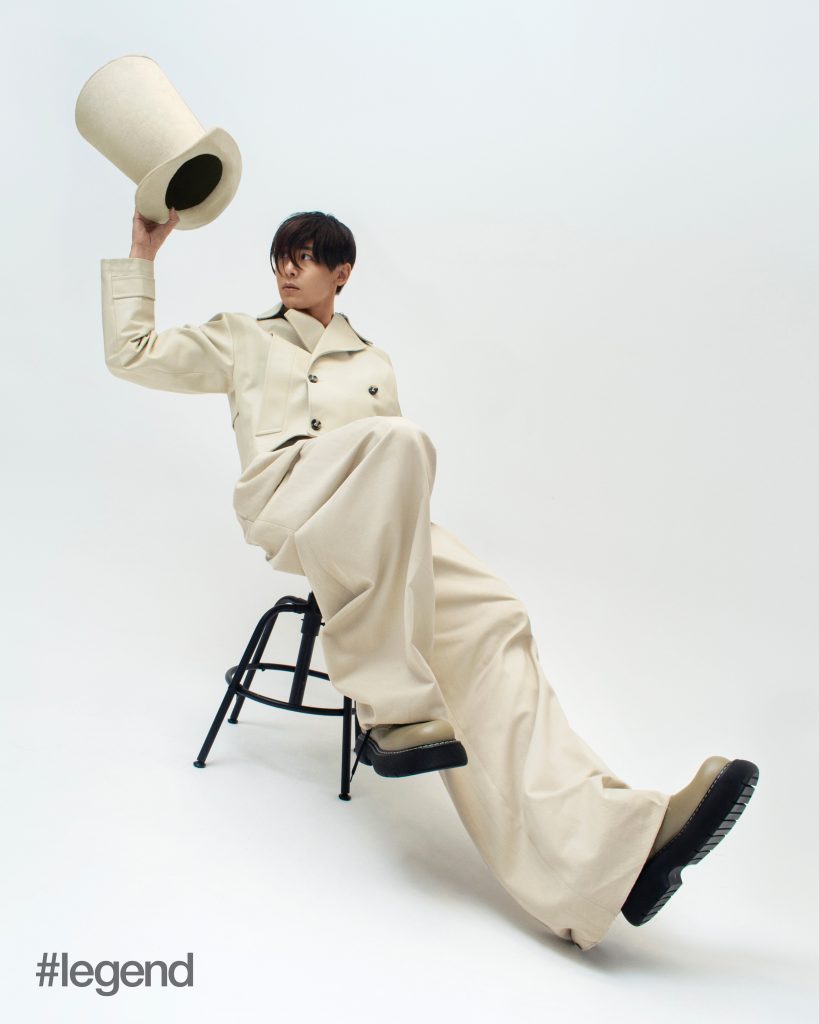
Jacket, pants and shoes by Bottega Veneta;
Stylist’s own hat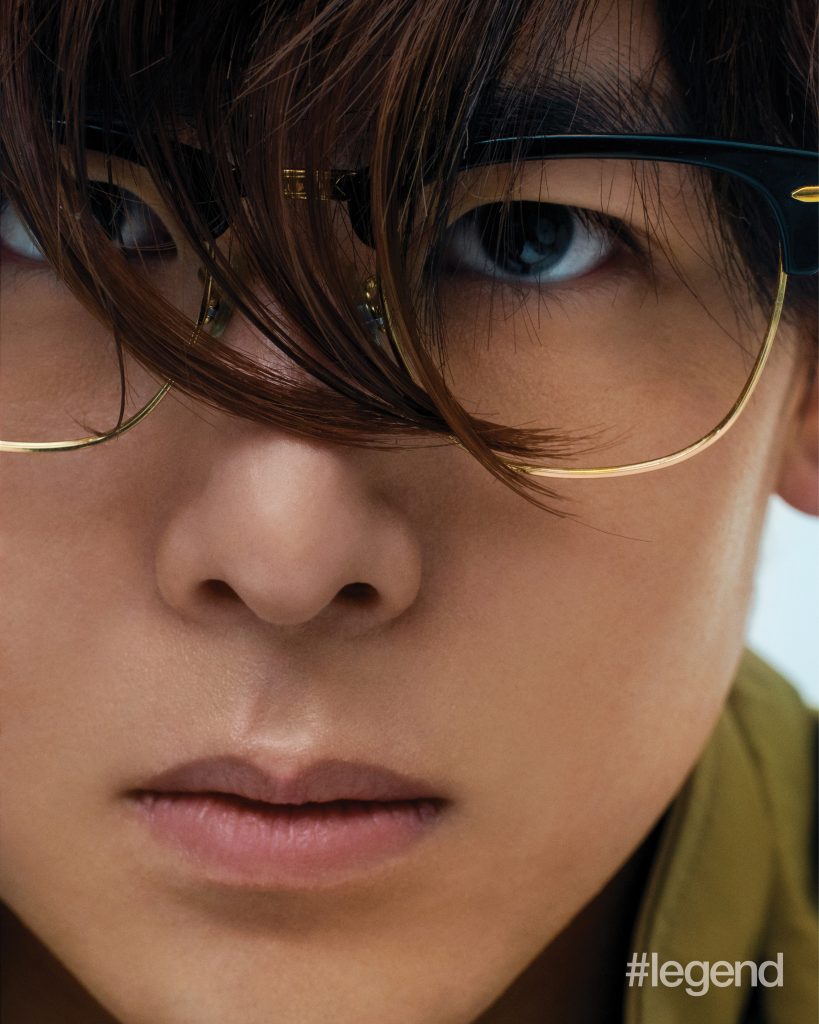
Jacket by Brooks Brothers;
Stylist’s own glasses
You’ve portrayed characters from a marathon runner to a student involved in a murder case. How has acting helped you discover new aspects of yourself?
The roles I’ve played so far have just been characters that people can relate to, that I relate to, it’s just a bit of myself. I’m not a method actor. I just kind of forget it when I go home and then when I’m back on set I get back into it. I don’t take it home with me; I don’t know if that’s good or bad.
Because I haven’t had a very intense, sophisticated role, I don’t know if I could pull to that extreme. I would need to spend a lot of time with a character like that.
I’m still in the learning stage and am always happy to have a new challenge. I’m just trying to go deeper with each character, even if he’s not a serious person or, you know, like a psycho killer. But still, I’m trying to dig in a little more, trying to give this character more dimension, and also bring a bit more fun. I think I’m just starting to learn to worry less about getting the script right and just becoming a character.
Before I was just feeling I can’t get the lines wrong. And that’s not the most important thing. You know, you can play around with characters, unless you meet a really strict director, which I haven’t yet. I think that’s the greatest thing about being an artist for me. You might get given a subject, but within that radius, within that circle, you can bounce around so much that you don’t have to be just one thing. I think that’s the beauty of the industry.
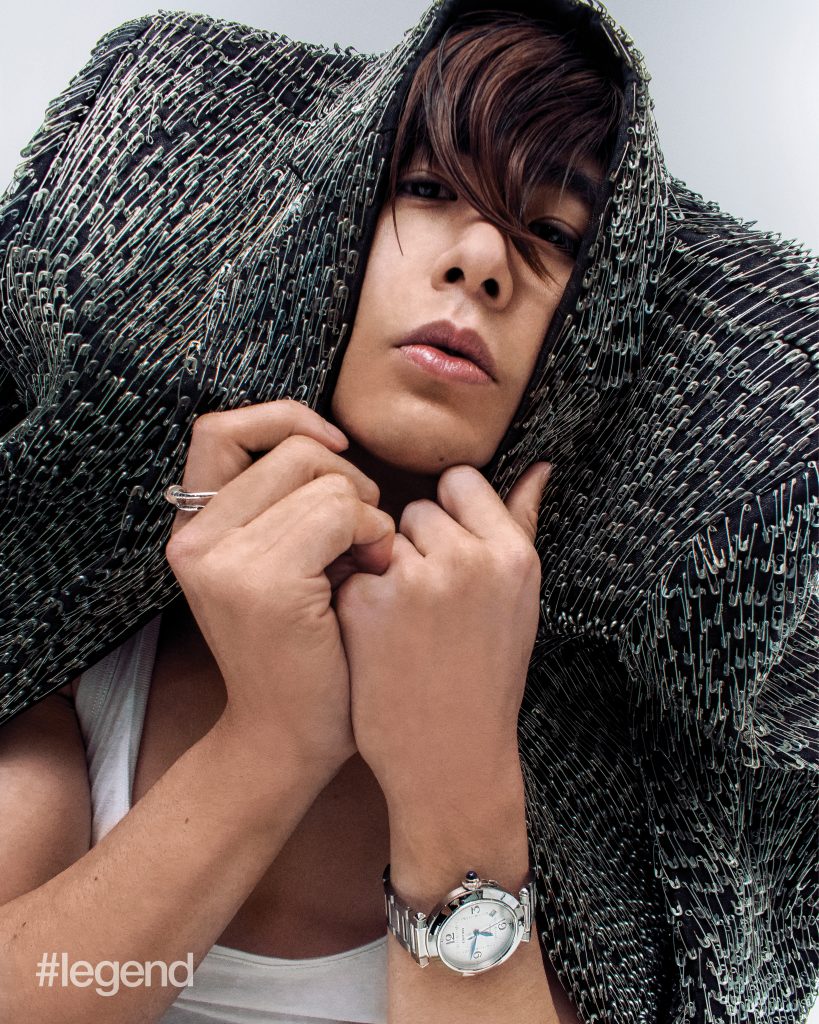
Stylist’s own jacket and tank top;
Watch and ring by Cartier
You’ve made a big impact helping UNICEF raise awareness and funds for children’s rights. How important is it to you to give back to society?
There are so many issues that we are blind to. Little things like clean water to drink, safe places. It’s very important that these kids have the opportunity to grow up to be healthy, educated and strong. I’m so thankful that UNICEF chose me to be one of their ambassadors. Being a spokesperson is more important than just donations. If I’m spreading the message, then that will hopefully have an impact on others too. In my position, I live off of people’s love so it’s very important for me to give some of that love back and not just take all the time.
Who is your #legend?
My parents. I’ve met so many great people throughout my life, but no matter where I go or what I do, I find myself thinking back to things my parents said. I’ve realised that you can have hundreds of idols in your life, whom you really respect, but the people you should respect the most are your parents. Even though I didn’t really listen to them as a child, they made me who I am today. I’ve been living on my own for 21 years now and I could have gone the wrong way, but thanks to my parents’ teaching I’ve managed to stay on a somewhat straight path. Whenever I went off the road a little bit, I always came back, thanks to my parents.
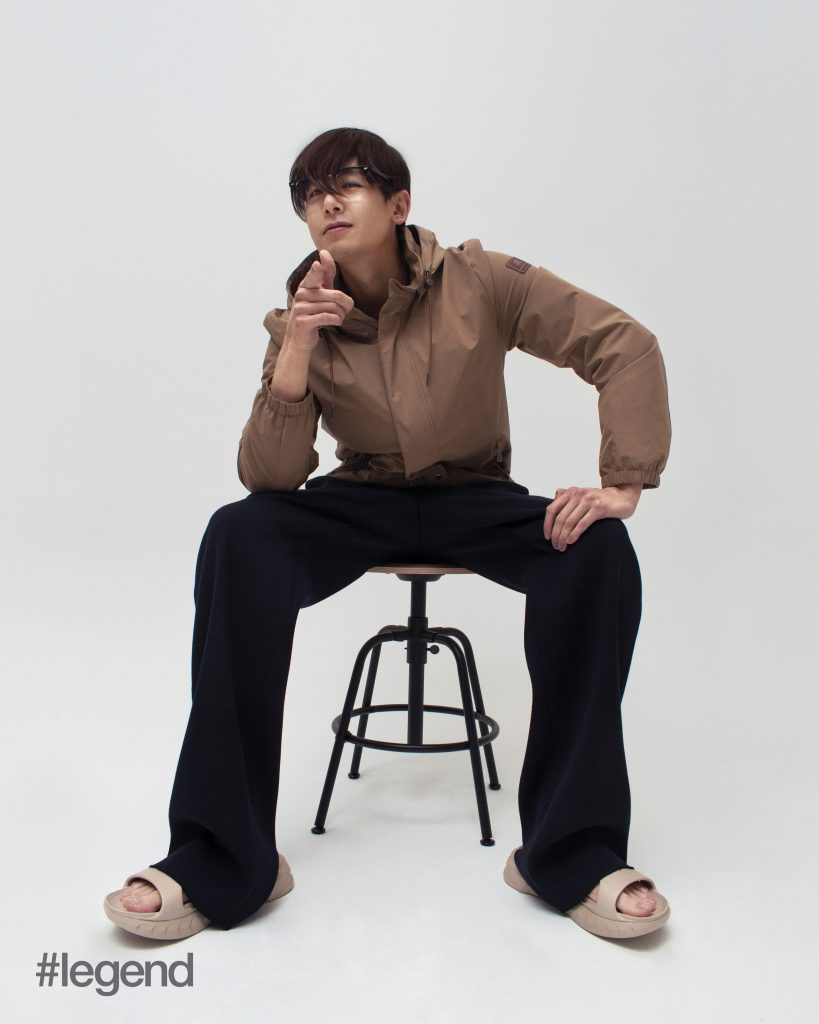
Windbreaker and pants by Brooks Brothers; Slip ons by Balenciaga;
Stylist’s own glasses
CREDITS
Creative Direction and Styling / Alvin Goh
Photography / Erfan Shekarriz
Art Direction / Djiun Wang
Videographer / Feicien Feng
Video Editor / Feicien Feng & Simarpreet Kaur Panjeta
Make-Up / Alvin Goh
Hairstyling / Peter Cheng
Assistants / Feicien Feng, Elizabeth Kezia, Lyly Chan,
John Marcus, Kenna Chiu

